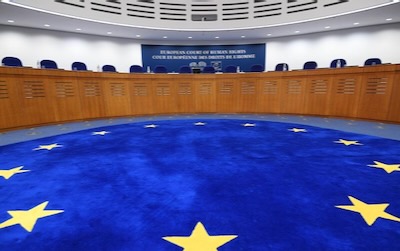
In its judgment “Ecodefence and others v. Russia” (no. 9988/13 and 60 others), passed on 14 June 2022, the European Court of Human Rights (ECHR) condemned the Russian law on foreign agents.
This law requires associations which receive funds from abroad and engage in political activities to register accordingly with the administration and to reference it in all their publications. It also includes various accounting obligations.
This law was adopted by the Duma in the context of the color revolutions orchestrated by the National Endowment for Democracy (NED), in particular the “orange revolution” in Ukraine.
The ECHR deemed the wording of the law to be too vague, allowing for an inconsistent and abusively restrictive interpretation. According to the Court, the law does not define the links between foreign funding and political activities, nor does it distinguish distinguish between the associations themselves and the individuals who run them.
Several judgments by the ECHR have given the impression of an anti-Russian bias. It is indeed surprising to note the interpretation it gives to freedom of expression in Manannikov v. Russia (the Court recognized the right of a Russian citizen to disrupt a pro-Putin demonstration by displaying a placard saying “Putin, better than Hitler!”) and in Karuyev v. Russia (the Court recognized the right of a Russian citizen to spit on the official portrait of the Russian President).
After the Russian intervention in Ukraine, the Council of Europe stripped the Russian Federation of its right to vote. The Duma then decided to withdraw from the European Court of Human Rights, which is an organ of the Council of Europe. Since 15 March, Russia no longer considers itself bound by the decisions of the ECHR.























Stay In Touch
Follow us on social networks
Subscribe to weekly newsletter